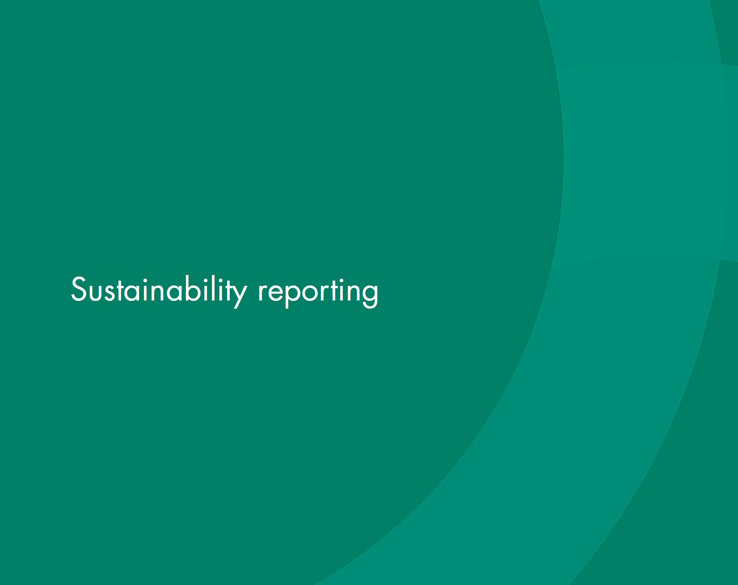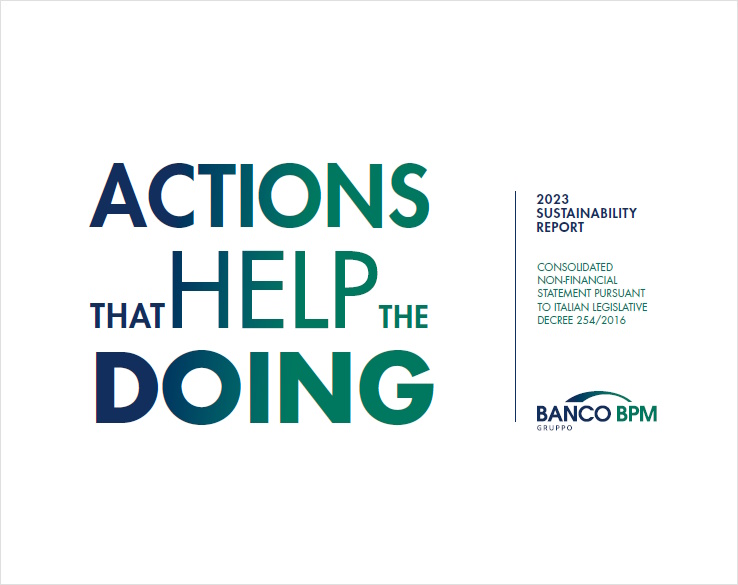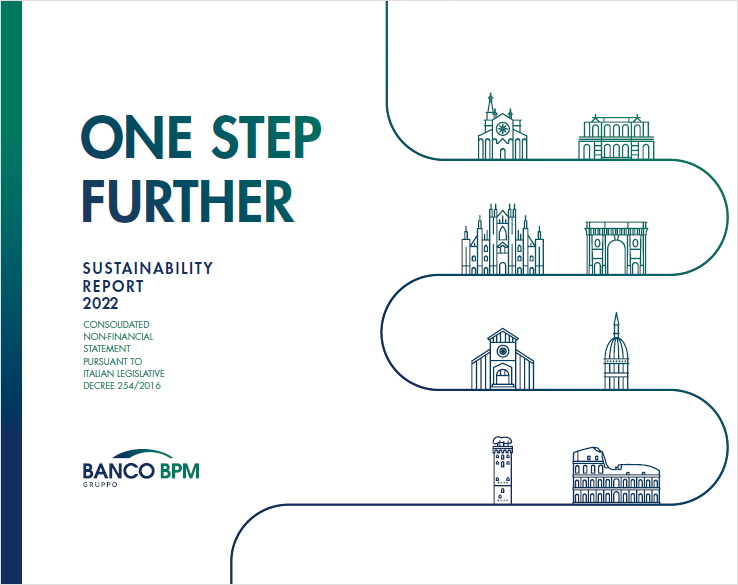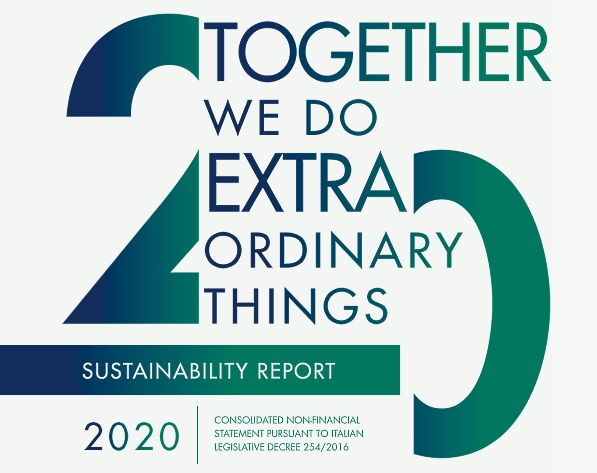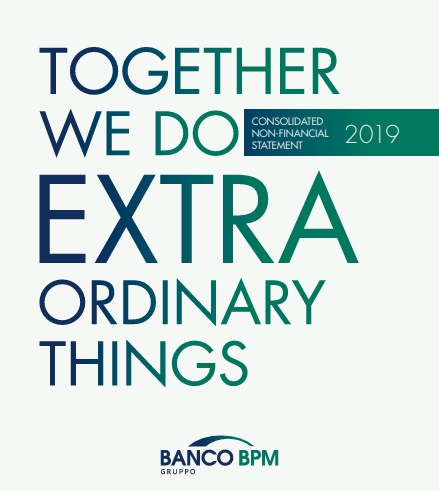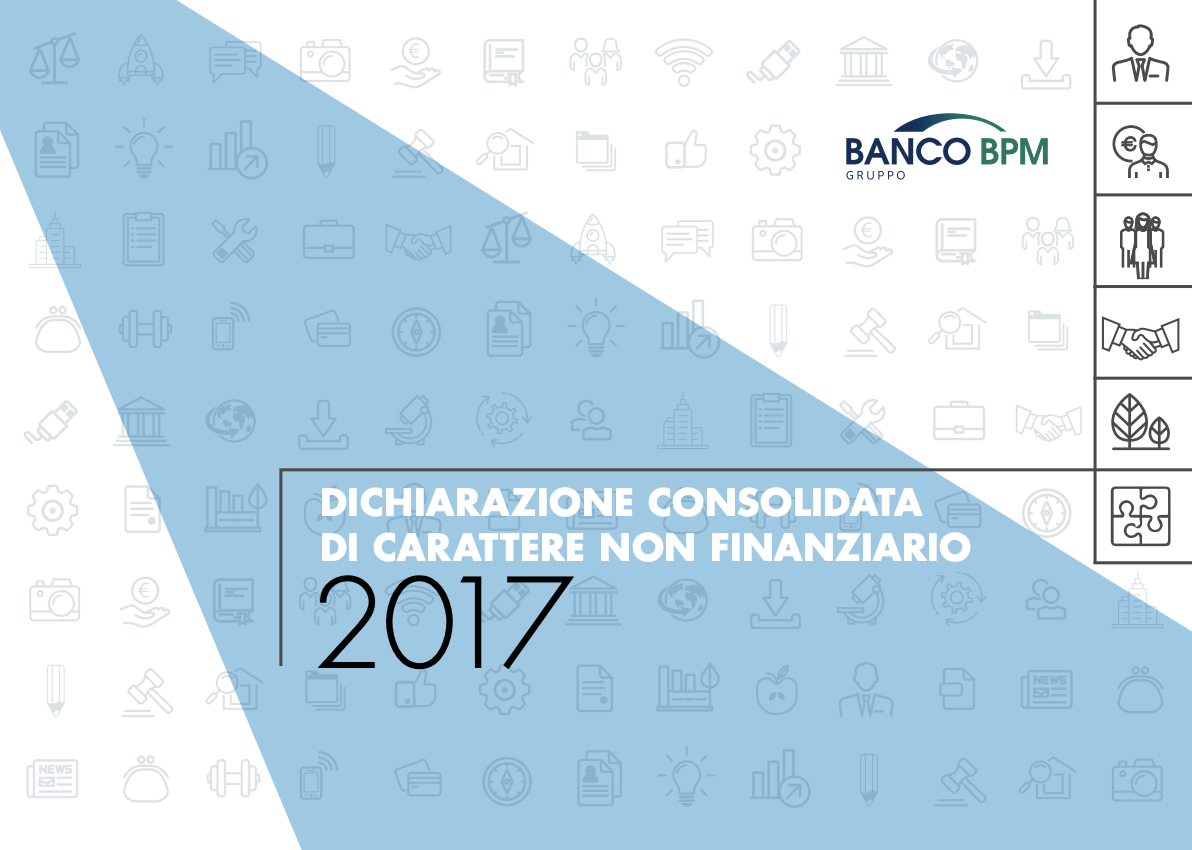Sustainability Reporting
Our Sustainability Reporting illustrates our ability to create long-term value through the responsible management of environmental, social, and governance (ESG) topics, reflecting our ongoing commitment to sustainable and transparent growth.
Starting from fiscal year 2024, in accordance with the European Corporate Sustainability Reporting Directive (CSRD), we adopt the European Sustainability Reporting Standards (ESRS). This evolution strengthens the transparency and comparability of non-financial information, effectively addressing stakeholder expectations and regulatory requirements.
The report focuses on topics identified through the double materiality assessment, which considers both the impacts of ESG factors on Banco BPM Group’s operations and the effects of our activities on the environment and society. This approach ensures full transparency on the strategies implemented and the results achieved in sustainability.
The Sustainability Reporting is an integral part of the Group’s Annual Financial Report.
Since 2021, we have also incorporated the recommendations of the Task Force on Climate-related Financial Disclosures (TCFD), an initiative of the Financial Stability Board aimed at improving the disclosure of climate-related risks and opportunities.
The TCFD framework enhances transparency for investors, stakeholders, and the market by supporting a clearer understanding of a company’s resilience to environmental challenges.
The TCFD recommendations are structured around four key thematic areas, all of which are reflected in our latest reports: governance; strategy; risk management; metrics and targets.
On this page, you can view and download Banco BPM Group’s Sustainability Reports.
For a broader overview, the ESG Investor Presentation is also available, outlining our results achieved and future objectives.
For each of the financial years between 2017 and 2023, we have prepared the Non-Financial Statement in accordance with the regulations.
Large public-interest entities were required to disclose specific non-financial information, following the “materiality” criteria, meaning that the information had to address topics “which are “relevant in view of the activities and features of the business” and, in any case, sufficient to ensure an understanding of the business, its performance, results and impact.
These documents can be found below.


